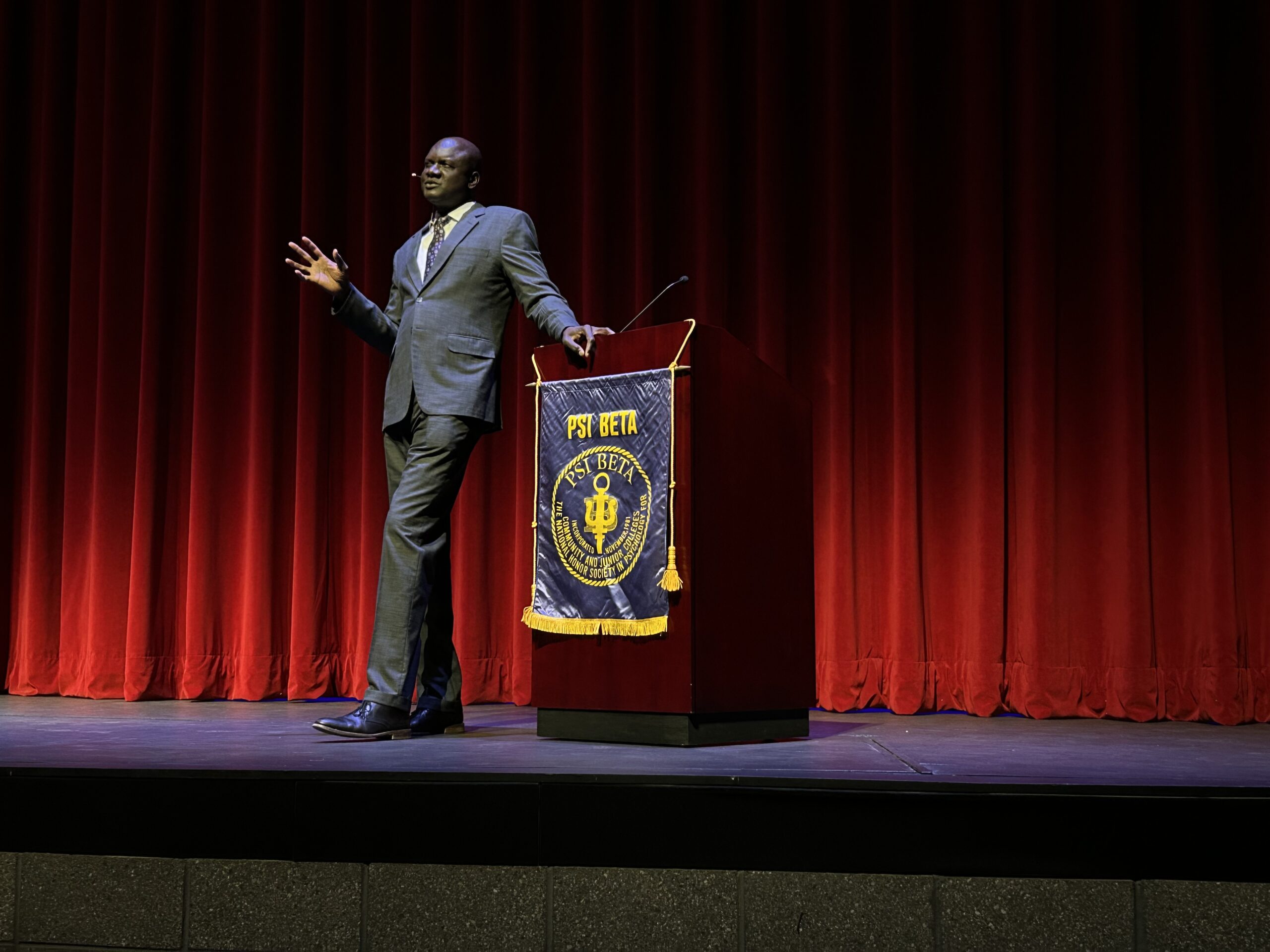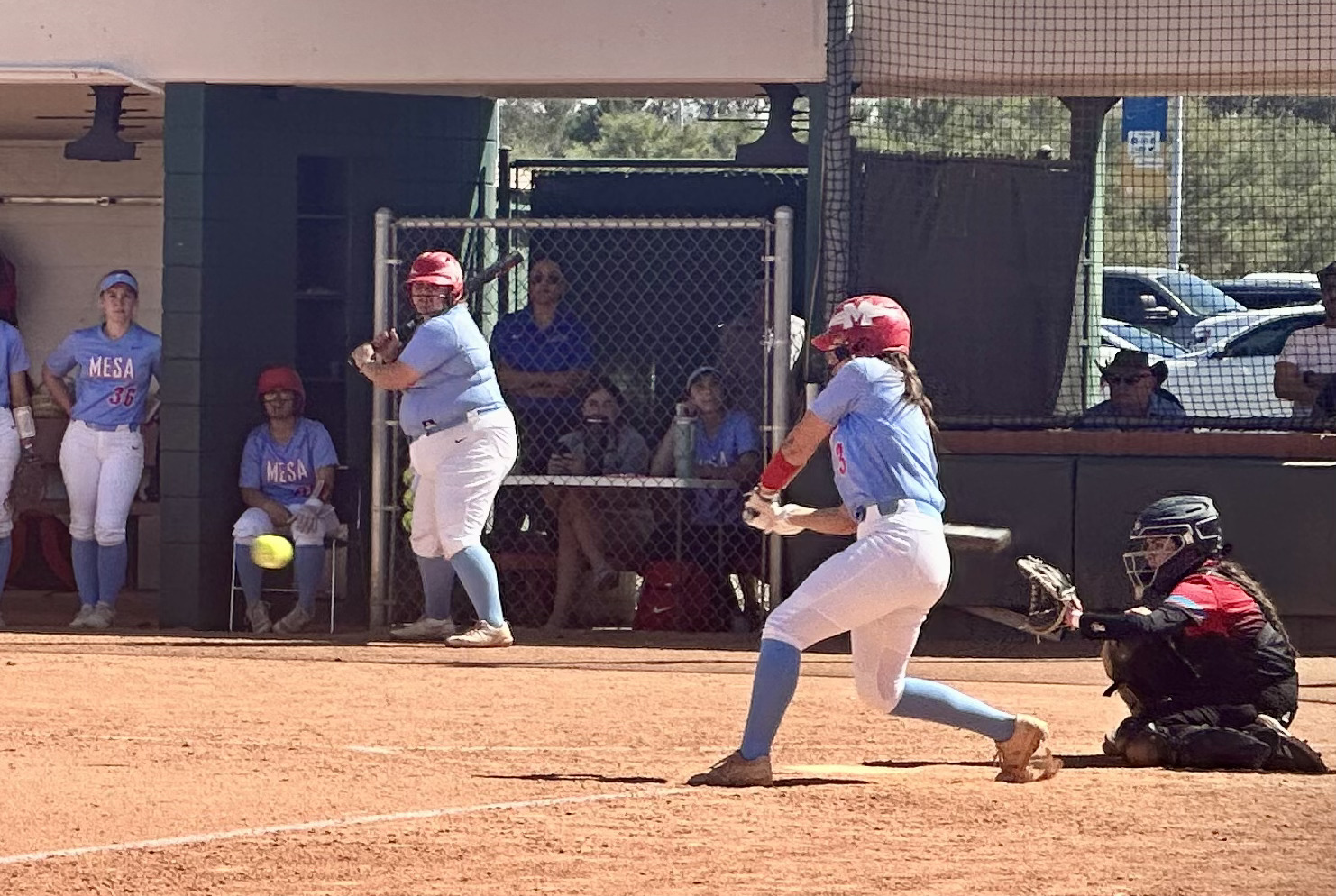How To Not Get Arrested
Ryan garner
First things first, the Mesa Legend does not represent the following interviews as legal advice, and they should not be used as such.
The only way not to get arrested is avoiding breaking the law; however, knowing the law can often help to curb the ignorance that usually goes along with being arrested.
On top of that, knowing one’s rights can further assist to keep a would-be detainee out of the squad car.
“We are looking for probable cause,” Tempe police officer John Morel said about when an officer is making an arrest. “If there is a violation of the law, and we can gather enough info to have probable cause, we are going to make the arrest.”
An officer who stops someone for suspicious driving doesn’t really have probable cause to search the entire car. In this instance, a simple “cite and release” will be assigned.
“It’s not a felony, but it is a misdemeanor. We write it on the spot, and it is technically a criminal arrest,” Morel said.
From time to time, an officer will happen to want to look inside the car, or ask the driver to step out of the vehicle.
Instead of stepping out of the vehicle and leaving the door wide open, it is legal to shut the door after exiting the vehicle, thus preventing a “casual search and assessment” of the car on the spot.
Some individuals have been known to simply roll the window down to answer an officer’s questions, and then close the window after answering.
This kind of behavior may seem counterproductive, since some officers are further agitated by citizens who are flexing their rights.
“In 19-plus years, a lot of people try to get under your skin. Nothing we do as police officers is a secret, and we are good at checking ourselves if we step out of line,” Morel said.
According to Morel, escalation of an incident is something the police force generally tries to avoid.
“The only time we will ever become assertive or aggressive is if our physical safety is at stake. We want to go home to our wives and kids too. If you are compliant, and we don’t have to worry, then you can dictate how we deal with you,” Morel said.
Another interesting note about cops on the scene is that despite the common misconception that all officers are out with a vendetta to bust perpetrators, Morel said, “90 percent of cops at a house party aren’t there because we were cruising the streets. It was most likely because of complaint by a neighbor.”
In the academy, officers learn specific questions to ask at the front door that will eventually lead them to being invited in. An unsuspecting person with little history with the law is usually the one who will open the door and let cops in.
Once inside, officers have access to the “open view” rule. Simply put, if something is being witnessed in plain sight, it is enough for them to have probable cause and make the arrest.
Keeping the door closed and politely reminding the officers of the right to refuse search and seizure can go a long way in keeping a party from being broken up.









